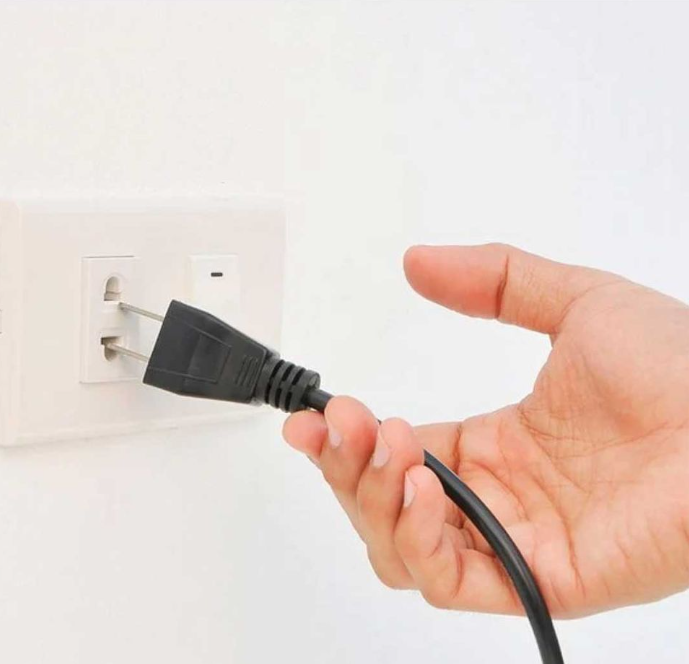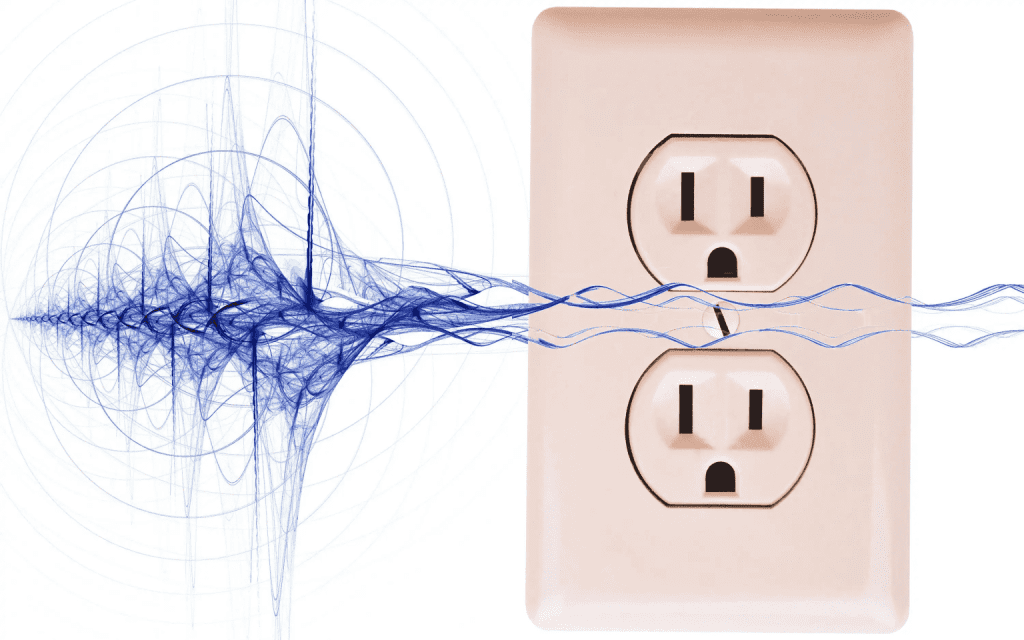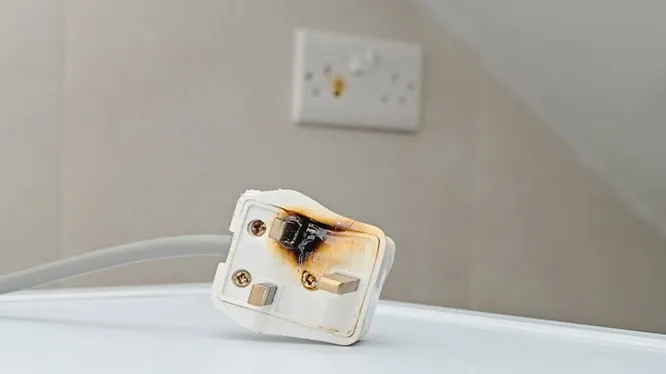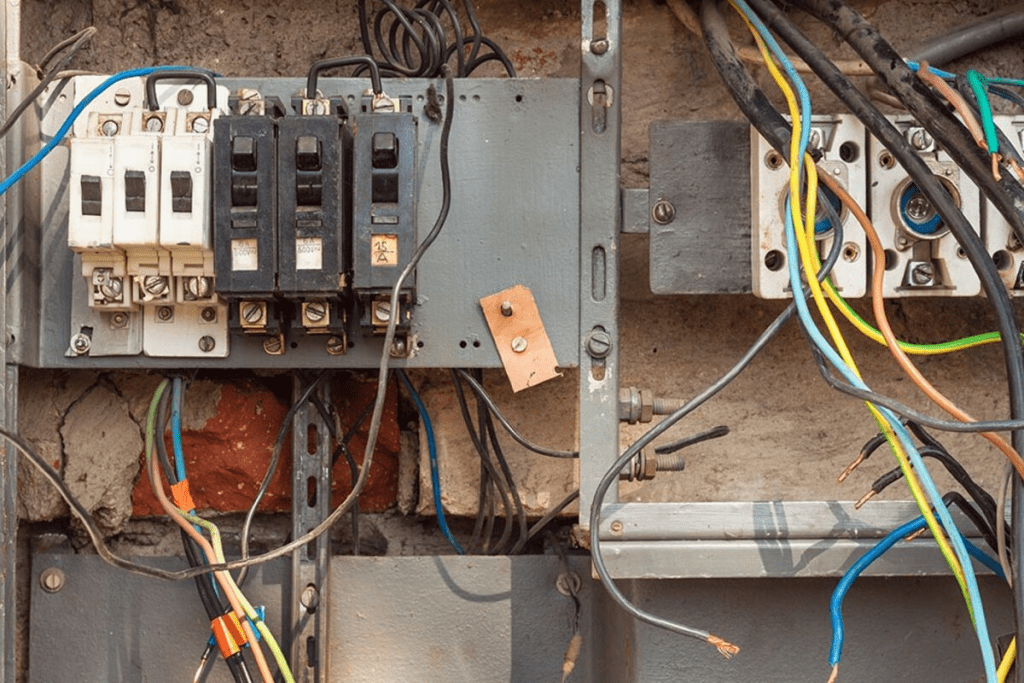Your home’s electrical system is its unsung hero, keeping everything running smoothly. But what happens when this vital system starts to show signs of trouble? Electrical issues, if ignored, can lead to severe risks like fires, shocks, or worse. It’s essential to pay attention to the subtle signs your home might be giving you before small issues turn into dangerous hazards.
In this article, we’ll highlight 11 subtle hints that could indicate you have an electrical issue lurking in your home. By recognizing these early, you can ensure your safety and protect your home from potential disasters.

Why Identifying Electrical Problems Early Is Crucial
Catching electrical issues in their early stages is like finding a leak before your boat sinks. It allows for timely repairs, saving you from expensive fixes down the road. More importantly, early detection can prevent life-threatening situations like fires or electrical shocks. Don’t wait until something goes seriously wrong—watch for the signs and act quickly.
1. Frequent Circuit Breaker Trips
Does your circuit breaker keep tripping for no apparent reason? Frequent circuit breaker trips are a telltale sign that your electrical system is overloaded. Circuit breakers are designed to shut off the flow of electricity to prevent overheating, which could lead to a fire. If it happens often, it’s more than just an inconvenience—it could indicate that your home’s wiring can’t handle the current load.
This might mean you need to upgrade your electrical panel or have the wiring checked for issues. Either way, it’s a sign that shouldn’t be ignored.
2. Unusual Odors or Burning Smells
If you catch a whiff of something burning or an unusual odor near your outlets, switches, or electrical panel, it’s a huge red flag. Burning smells are often caused by overheating wires or components, which can quickly escalate into a fire hazard.
When you detect such an odor, turn off the power to the affected area immediately and call a professional electrician to assess the situation. Trust your nose on this one—it’s better to be safe than sorry.
3. Flickering or Dimming Lights
Flickering or dimming lights might seem like a minor annoyance, but they can point to more significant electrical issues. This could be due to a poor connection in the wiring or an overloaded circuit. Lights that dim when appliances like the microwave or air conditioner kick in indicate that your system is straining to meet demand.
If you notice this happening frequently, it’s a sign that your home’s electrical infrastructure may not be sufficient for modern energy needs. It’s a good idea to have it inspected to avoid overheating or even potential fires.
4. Discolored or Warm Outlets and Switches
Outlets and switches should never feel warm or appear discolored. If they do, it’s often a sign that the wiring behind them is overheating. This overheating can lead to electrical fires if left unchecked. Discoloration might indicate that the plastic has begun to melt, which is a serious hazard.
This is not something to wait on. If you notice warm outlets or see any dark spots around them, call an electrician immediately.
5. Sparking Outlets
While a small spark when plugging something in can occasionally happen, frequent or large sparks are a different story. These sparks might indicate loose wiring, moisture within the outlet, or worn-down components—all of which can lead to fires or electrical shocks.
Sparking outlets are a clear sign that your home’s electrical system needs immediate attention. Don’t ignore them; faulty outlets pose significant dangers to your household.
6. Buzzing or Humming Sounds from Fixtures

Do you hear a low buzzing or humming sound coming from your lights or electrical fixtures? That’s not normal. It often points to loose wiring or other electrical issues inside the fixture. This buzzing sound is electricity trying to jump across gaps in the connection, which could lead to more serious problems like short circuits or fire.
The moment you hear buzzing, contact a professional to check it out.
7. Loose or Frayed Wiring
Loose or frayed wiring is another major sign that your home has electrical issues. While it’s more common in older homes, this problem can occur in any house over time due to wear and tear. Exposed wires can lead to electrical shocks or fires, particularly in high-traffic areas like the basement or attic.
Regular inspections and maintenance are key to catching frayed wiring before it becomes a danger.
8. Electric Shocks When Touching Appliances

Ever experienced a mild shock when you touch an appliance? Even if it’s a slight jolt, it’s a sign that something’s wrong. This could be due to faulty wiring in the appliance, grounding issues, or a bigger problem with your home’s electrical system.
Any shock, no matter how small, should be taken seriously. Don’t let it slide—get it checked by a professional.
9. High Electricity Bills with No Apparent Cause
Have you noticed your electricity bills creeping up without an obvious explanation? Faulty wiring, outdated appliances, or electrical inefficiencies can be the culprits behind these rising costs. A sudden increase in your bill can mean that electricity is leaking somewhere, either from bad wiring or inefficient devices that are sucking up more power than they should.
An electrical inspection can identify the problem and help you save on future bills.
10. Outdated Wiring in Older Homes

If your home is older, there’s a good chance it has outdated wiring systems, like knob-and-tube or aluminum wiring. These systems weren’t designed to handle today’s electrical loads and can be prone to failures or even fires.
Homes with older wiring should undergo regular inspections to ensure everything is up to code and functioning safely. Upgrading the wiring may be a necessary step to keep your home safe and running efficiently.
11. Appliances Running Hot
If your appliances, such as your toaster, refrigerator, or oven, feel excessively hot to the touch, it could indicate an electrical problem. Overheating appliances might be the result of an overloaded circuit or poor wiring.
Regularly check your appliances for excessive heat and get them serviced if they’re running hotter than usual.
Conclusion: Act Fast to Protect Your Home
Electrical problems might seem small at first, but they can quickly escalate into dangerous situations. By paying attention to these subtle hints, you can catch issues before they become serious hazards. Regular maintenance, inspections, and prompt responses to any electrical abnormalities are crucial in ensuring your home remains safe and functional.
Don’t ignore the signs—be proactive about your home’s electrical safety! After all, it’s better to spend a little time and money on preventive measures now than to deal with the consequences later.


